India is swiftly moving towards sustainable development, which makes recycling businesses not only environmentally responsible but also highly profitable. With the rising awareness about waste management and strict environmental compliance principles, starting a recycling business in India provides excellent opportunities for entrepreneurs.
Table of Contents
Understanding Environmental Compliance
An important factor of success in the recycling industry is compliance with environmental regulations. The Solid Waste Management Rules and E-Waste Management Rules of India compile guiding principles for collection, segregation, treatment and disposal of waste. They mandate securing a permit and maintaining appropriate documentation.
Compliance with these regulations is indispensable not only to avoid fines but also to gain credibility with opportunities and government agencies. Furthermore, responsible waste disposal minimizes health risks to workers and communities and supports India’s commitment to global sustainability goals.
--------------Blog Contact Form-------------
Why Choose Recycling Business in India?
India produces over 150 million tons of solid waste yearly, with large portions being recyclable, such as plastic, electronic waste, paper, organic waste, and scrap metals. Despite mounting waste volumes, recycling rates remain low, presenting massive business potential. Government initiatives like the Solid Waste Management Rules, 2016, and E-Waste Management Rules, 2016 encourage eco-friendly recycling. Programs like Swachh Bharat Mission and Make in India provide subsidies and technical support, making recycling a lucrative and sustainable business opportunity.
Top Profitable Recycling Business Ideas in India, 2025-26
Here are some of the most profitable recycling business ideas to explore in the coming years:
- Plastic Recycling Business India: Plastic waste is one of the most persistent environmental problems. Setting up a plastic recycling unit can turn waste into valued products like pellets or recycled plastic goods. This business benefits from government incentives focused on minimizing plastic pollution.
- E-Waste Recycling Business India: With the digital boom, electronic waste is growing rapidly. Recycling e-waste recovers precious metals like gold and copper and helps prevent hazardous substances from contaminating the environment. This sector needs specialized knowledge but provides higher returns.
- Paper Recycling Business India: Paper recycling is a classic eco-friendly business that is in constant demand in the packaging and stationery industries. It is low capital and can be started on a small scale which has scaling potential.
- Organic Waste Recycling India: Organic waste recycling or composting converts food and garden waste into nutrient-rich fertilizer or biogas. Urban areas with large organic waste generators provide profitable opportunities for this business.
- Scrap Metal Recycling India: Metal Recycling is vital for the manufacturing sector. It includes collecting and processing metals such as steel, copper and aluminium. Despite the need for modest investment, the profitability is substantial due to the high demand for recycled metals.
How to Start a Recycling Business in India?
Starting a recycling business includes careful planning, understanding market requirements, and adhering with environmental regulations. By following the right steps, you can create a sustainable and profitable venture that contributes positively to the environment.
- Research and Plan: Begin by evaluating the types of waste available in your region and their market potential. Analyse competitors, pricing, and customer requires.
- Obtain Licenses and Permits: Obtain approvals from the local pollution control board, municipal authorities, and environmental agencies. Ensure compliance with waste management laws.
- Set up Infrastructure: Invest in the essential machinery, storage facilities, and transportation for assembling and processing waste. Recruit and train skilled staff.
- Build Partnerships: Collaborate with waste collectors, local municipalities, and industries for a stable supply of raw materials. Strong supply chain management is key to success.
- Market your Products: Grow relationships with buyers of recycled materials, such as manufacturers, wholesalers, or retailers. Use digital marketing and industry networks to develop reach.
Also Read: Turn Waste into Cash: Guidance to Start Recycling Business in India
Government Support and Incentives
The Indian government supports recycling projects through numerous schemes and policies. Under the Swachh Bharat Mission, funding and training are offered to enhance waste management infrastructure. The Make in India initiative boosts manufacturing from recycled materials. Other incentives include:
- Tax rebates and subsidies for eco-friendly startups.
- Financial assistance through MSME schemes.
- Technical support and capacity-building programs.
Conclusion
Recycling business ideas in India offer an excellent opportunity to combine profit with purpose. As environmental compliance becomes firmer and consumer demand for sustainable products increases, recycling projects will continue to nurture in significance and profitability. By adopting innovative methods, ensuring regulatory compliance, and building robust supply chains, businesses can shape successful and efficient recycling businesses in coming years.
FAQ`s
Follow Solid Waste Management Rules, 2016 and E-Waste Management Rules, 2016 for permits, segregation, and disposal compliance.
Plastic recycling, e-waste, paper recycling, organic waste composting, and scrap metal recycling show strong market demand.
Programs like Swachh Bharat Mission and Make in India provide subsidies, tax rebates, and technical assistance.
Build partnerships with municipalities, waste collectors, and industries for reliable raw material sourcing.
Conduct market research, acquire licenses, invest in equipment, and develop buyer and supplier networks.
This portion of the site is for informational purposes only. The content is not legal advice. The statements and opinions are the expression of author, not corpseed, and have not been evaluated by corpseed for accuracy, completeness, or changes in the law.
BOOK A FREE CONSULTATION
Get help from an experienced legal adviser. Schedule your consultation at a time that works for you and it's absolutely FREE.
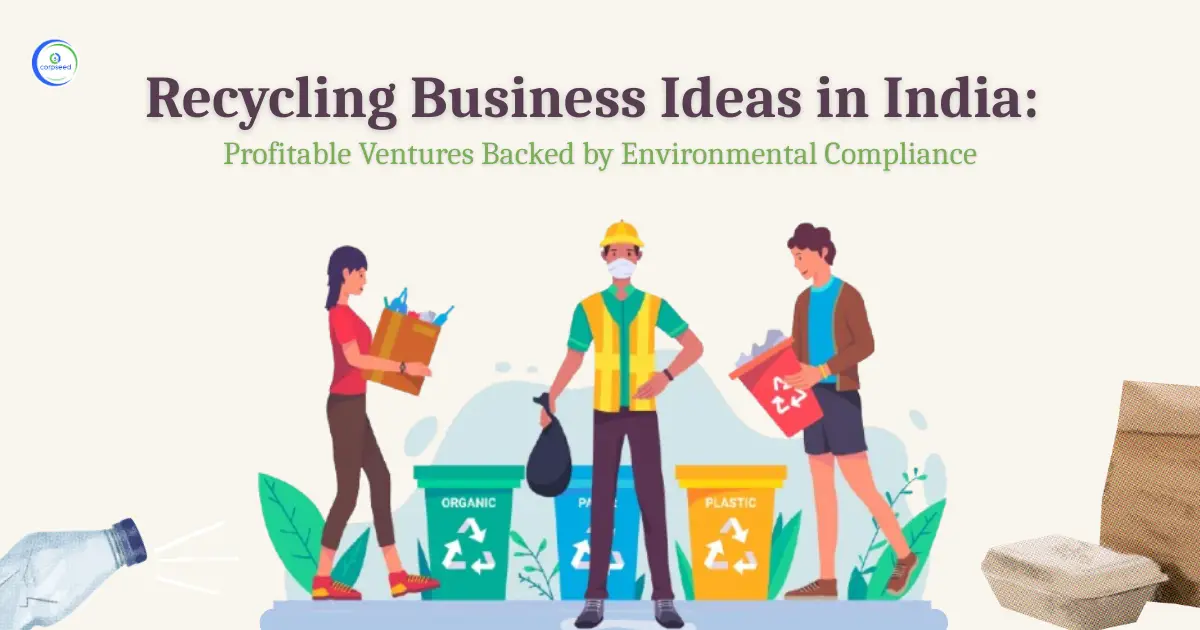

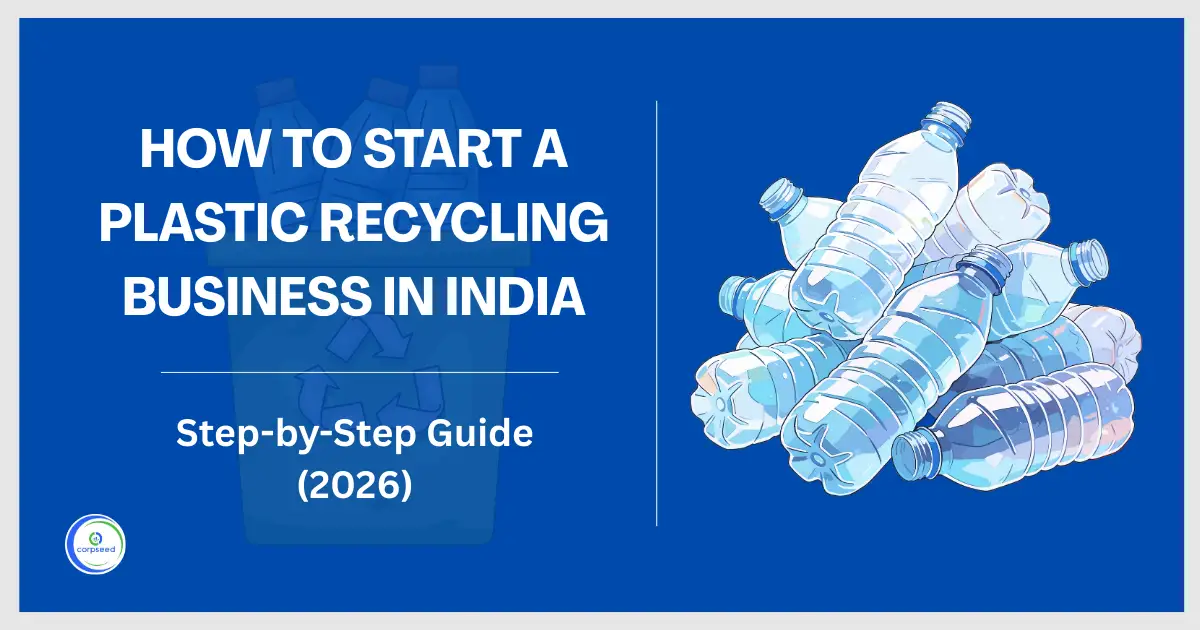
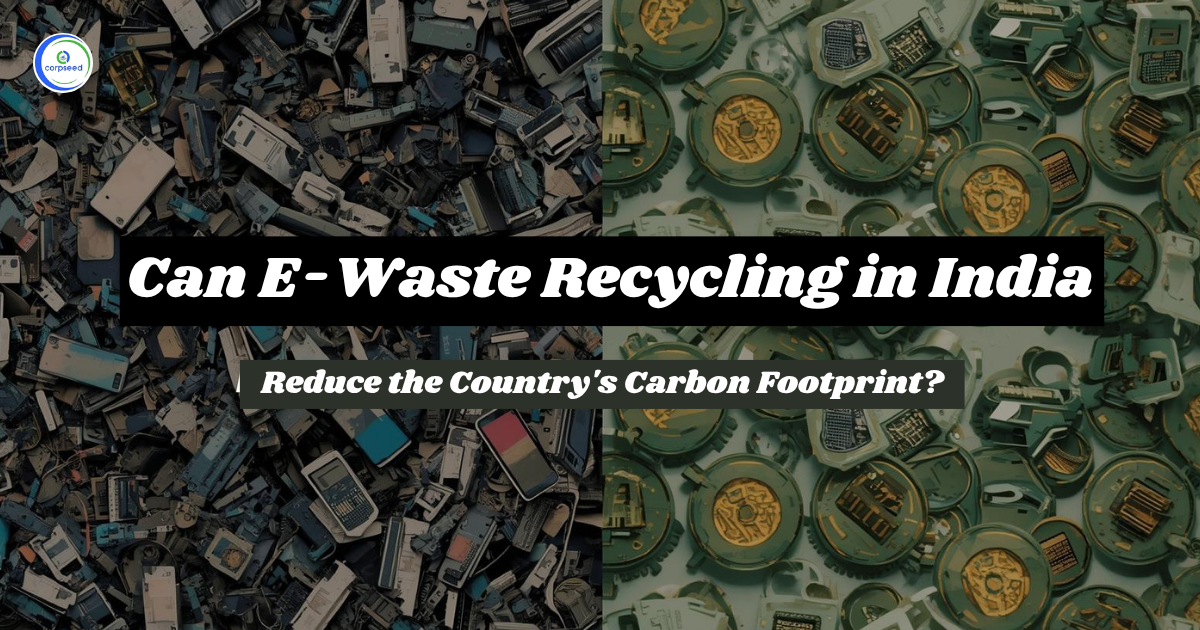
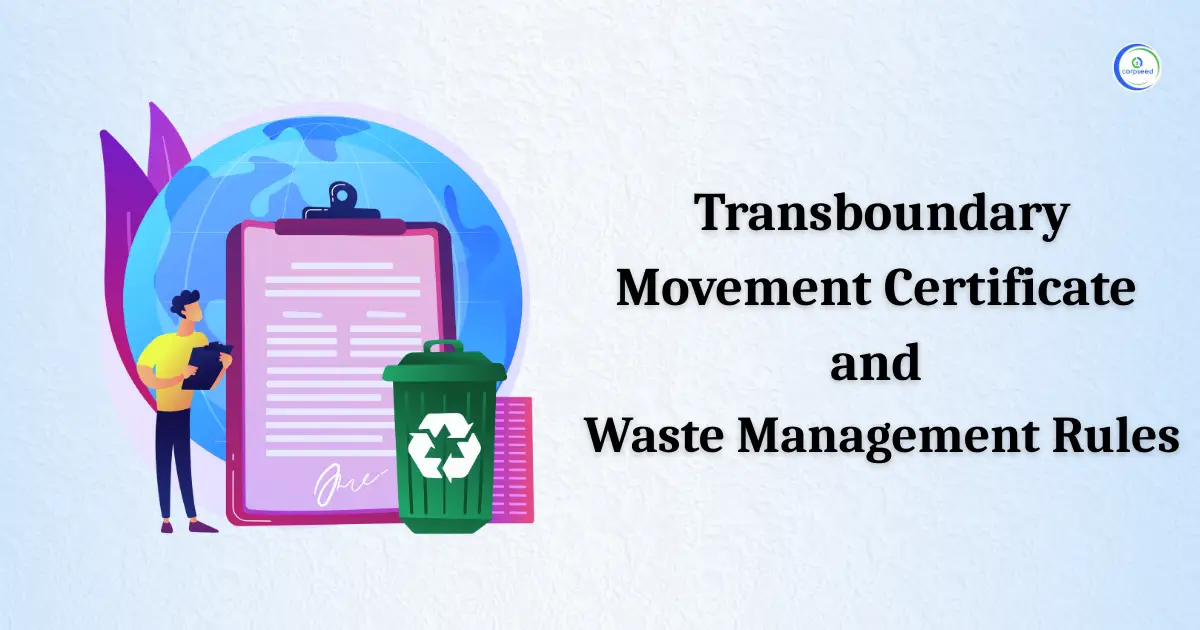
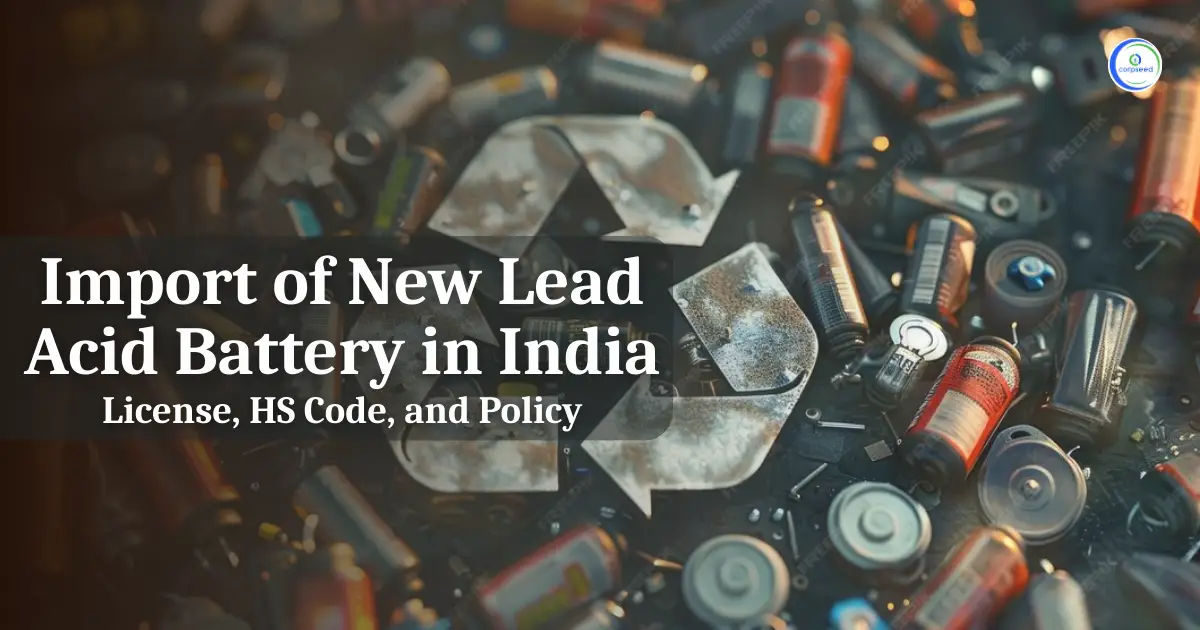
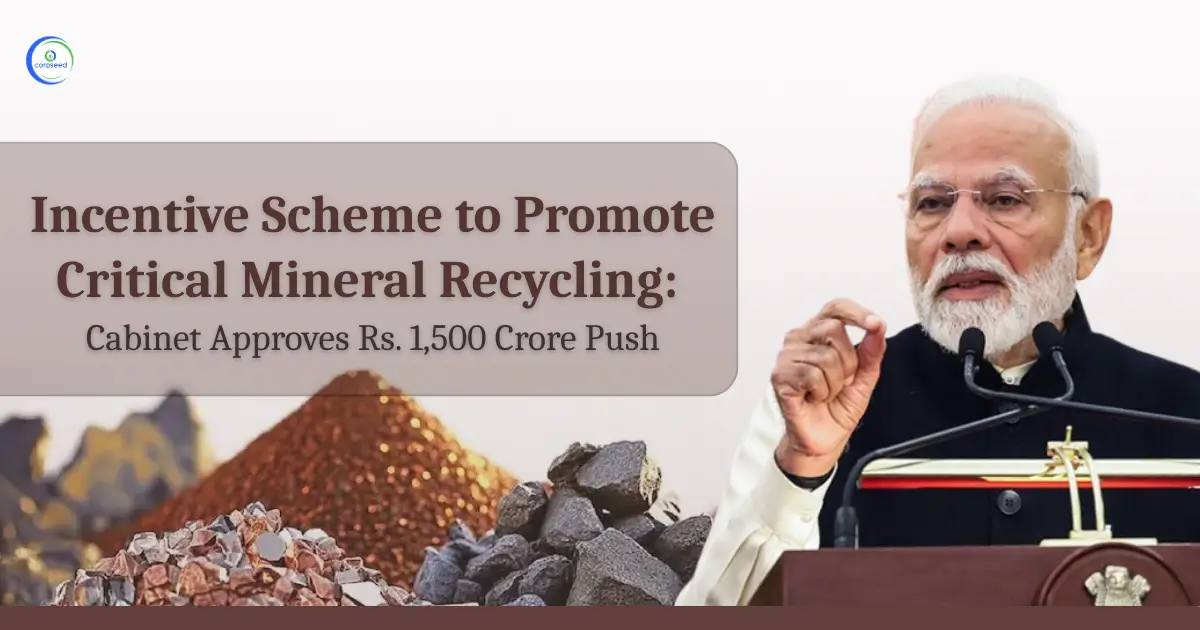
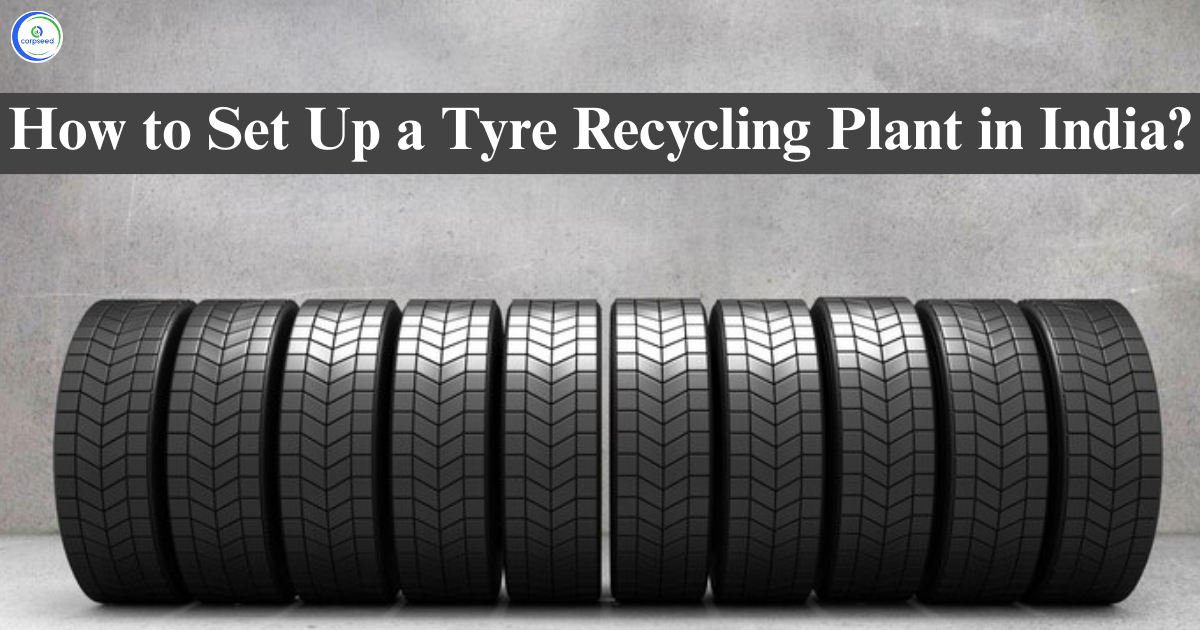
.webp)
